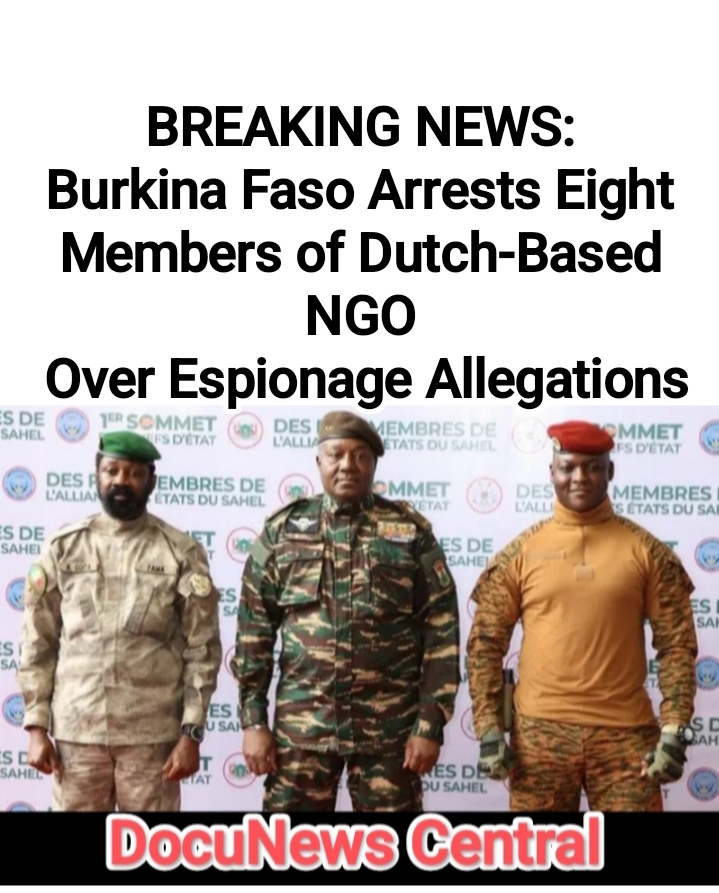
A Tense Crackdown in Burkina Faso Raises Global Concerns
In a dramatic escalation of tensions between the Burkina Faso military government and the international humanitarian community, eight members of the International NGO Safety Organisation (INSO), a Netherlands-based group, have been arrested on charges of espionage and treason. The arrests, confirmed by multiple global outlets including Euronews, Arab News, and Dutch News NL, have sparked international concern about the safety of humanitarian workers in one of Africa’s most unstable regions.
According to reports, Burkina Faso’s ruling military junta accuses the detained workers of collecting and transmitting sensitive military information to foreign entities. The government insists that the activities of INSO went beyond its stated humanitarian mission. However, INSO has firmly denied all allegations, maintaining that its work is strictly focused on ensuring the safety of aid operations in conflict zones.
This unfolding situation has drawn widespread attention, especially as Burkina Faso continues to navigate the aftermath of years of jihadist violence, political coups, and strained relations with Western nations. also read Appeal Court Stops VIO From Impounding Vehicles,
Who Are the Detained Humanitarian Workers?
The eight detained staff members include both international and local personnel, among them citizens of France, the Czech Republic, Mali, and Burkina Faso. Several reports identify the country director and deputy country director among those arrested.
According to Dutch News NL, the arrests occurred in stages, beginning in late July 2025, when the INSO country director was detained in Ouagadougou. Other staff members were subsequently arrested in different parts of the country, leading to a total of eight being held by state authorities.
A senior government source cited by Arab News described the case as one involving “spying and collecting sensitive information related to national defense.” The Burkina Faso government claims that INSO gathered data on troop movements, operational areas, and defense installations, which could jeopardize national security.
However, INSO has categorically denied these claims, emphasizing that it does not collect any classified or sensitive military intelligence. The organization insists that its mission is to help humanitarian agencies operate safely by providing situational awareness about security risks, not by monitoring government or military activities.
INSO: A Pillar of Humanitarian Coordination
The International NGO Safety Organisation (INSO) is a well-known non-profit entity based in The Hague, Netherlands. Founded in 2011, it provides real-time security updates, training, and support for aid workers operating in high-risk areas, including regions plagued by armed conflict and instability.
INSO’s services are used by major humanitarian agencies such as Médecins Sans Frontières (Doctors Without Borders) and Save the Children, both of which rely on the organization for reliable field intelligence to plan their missions safely.
In a statement issued after the arrests, INSO said it was “deeply concerned about the well-being of its staff” and is cooperating with local authorities to clarify misunderstandings. The NGO also stressed that none of the information it collects could be considered secret or damaging to state interests.
Why the Arrests Matter: The Bigger Picture
The detentions come at a time when Burkina Faso’s ruling junta, led by Captain Ibrahim Traoré, has been intensifying its efforts to assert control and limit the influence of foreign entities within the country. Since seizing power in September 2022, Traoré’s government has expelled French troops, suspended several Western-backed media outlets, and cracked down on foreign-funded NGOs. for more verified news like our visit http://legit.com
In July 2025, the junta suspended INSO’s operations for three months, accusing it of “unauthorized data collection.” That suspension now appears to have evolved into a full-blown criminal investigation. The government claims that INSO’s activities could have compromised the country’s counterterrorism efforts.
This development highlights the growing suspicion and hostility between West African juntas and Western organizations. Similar patterns have been observed in Mali and Niger, where military governments have also expelled or restricted international NGOs.
The Accusations Explained
Burkina Faso’s Ministry of Territorial Administration issued a statement claiming that the detained workers had “engaged in espionage activities disguised as humanitarian data collection.” Authorities allege that INSO’s reports contained detailed maps, military zones, and information that could be used by foreign intelligence services.
State media outlets have portrayed the arrests as a necessary step to “protect national sovereignty.” However, no official evidence has been publicly presented to substantiate these espionage claims.
Human rights observers and diplomatic sources are urging caution. “Accusing humanitarian workers of espionage without credible evidence sets a dangerous precedent,” said one European diplomat quoted by Euronews. “This could severely impact humanitarian access and trust between the international community and the Burkinabé government.”
INSO’s Firm Denial and Call for Diplomacy
INSO’s headquarters in The Hague released an official statement rejecting all espionage allegations. “Our mission is transparent and purely humanitarian,” the organization said. “We collect and share security-related information only to enhance the safety of aid workers operating in conflict environments. None of our data concerns military operations or government secrets.”
The organization also confirmed that it is working closely with the Netherlands Ministry of Foreign Affairs, as well as with embassies of the detained nationals, to secure their release. The Dutch government has expressed “serious concern” over the arrests and has called for consular access and due process for all detainees.
International Reactions and Diplomatic Pressure
The international response has been swift and firm. The European Union and several human rights organizations have voiced concern over the detentions. In a statement published by Arab News, the EU delegation in Burkina Faso emphasized the need for transparency, urging the junta to respect international humanitarian principles.
Meanwhile, the Dutch Ministry of Foreign Affairs has opened direct diplomatic channels with Ouagadougou. A spokesperson told Dutch News NL that “the Netherlands is seeking immediate clarification and access to its detained citizens.” The ministry also noted that it has not received official details of the charges, which raises further questions about the fairness of the process.
International humanitarian networks have echoed these concerns. A coalition of 45 NGOs operating in the Sahel region issued a joint appeal demanding the “immediate and unconditional release of all detained INSO staff.” They warned that the incident could disrupt aid delivery in an already fragile humanitarian environment.
A History of Friction Between the Junta and NGOs
This is not the first time Burkina Faso’s military regime has clashed with international organizations. In recent years, authorities have expelled several French and Western media outlets, accusing them of publishing “false information.” Additionally, some NGOs have been suspended or banned for alleged “interference in domestic affairs.”
The relationship between the junta and foreign partners deteriorated sharply after Burkina Faso cut ties with France and strengthened cooperation with Russia and the Wagner Group, a Russian paramilitary organization. Analysts believe this realignment has led the junta to view Western humanitarian and media organizations with deep suspicion.
According to Euronews, Burkina Faso is part of a new Alliance of Sahel States, which includes Mali and Niger—two countries also led by military juntas. These alliances often promote anti-Western rhetoric and policies aimed at limiting Western influence in governance, aid, and defense.
Impact on Humanitarian Operations
The arrests have sent shockwaves across the humanitarian community in West Africa. Many aid organizations fear that their local staff could become targets of political retaliation or baseless accusations. Several NGOs have already begun reviewing their field operations and considering temporary suspensions in Burkina Faso.
An INSO representative told Euronews that “many humanitarian missions depend on reliable, impartial safety data to plan aid deliveries. These arrests could paralyze that process.” Without such coordination, workers face increased risks from armed groups that operate across the Sahel.
According to the United Nations Office for the Coordination of Humanitarian Affairs (OCHA), more than 6 million Burkinabé citizens currently need humanitarian assistance. Attacks by extremist groups have displaced over 2 million people since 2015. Any disruption to aid operations could worsen the crisis.
A Broader Shift Away from Western Influence
Experts suggest that Burkina Faso’s move against INSO reflects a broader political shift toward isolationism and self-determination. The military junta, which portrays itself as the defender of national sovereignty, has grown increasingly wary of Western partners.
“By accusing a respected humanitarian organization of espionage, the regime sends a message that it will not tolerate perceived interference,” noted a regional analyst quoted by Arab News. “This might boost nationalist sentiment but could also isolate the country diplomatically.”
Meanwhile, Russia and its allies have reportedly deepened military cooperation with the Sahel states. This has led to a decline in Western aid and investment, further straining economic and humanitarian conditions.
Ongoing Investigation and the Path Forward
As of now, the detained INSO staff remain in custody. The junta has not announced formal charges or a trial date. International pressure is mounting for transparency, but Burkina Faso’s leadership has shown little willingness to compromise.
The Netherlands and other involved countries continue to seek diplomatic solutions, urging dialogue over confrontation. However, analysts warn that prolonged detentions could lead to international sanctions or aid suspensions, further isolating the West African nation.
Conclusion: The Need for Balance and Dialogue
The arrest of eight humanitarian workers in Burkina Faso has exposed deep fissures between the country’s military government and the international aid community. While national security is a legitimate concern, experts insist that transparency and fairness must guide the investigation.
Without them, these arrests could damage not only Burkina Faso’s reputation but also the humanitarian lifeline on which millions depend. As the situation unfolds, the world watches closely. For now, the fate of the eight detained INSO members remains uncertain — but one thing is clear: the delicate balance between sovereignty and humanitarian cooperation in the Sahel has never been more fragile.
Sources: Euronews, Arab News, Dutch News NL, Reuters Africa, DocuNews Central Investigations
Copyright © DocuNews Central. All rights reserved.







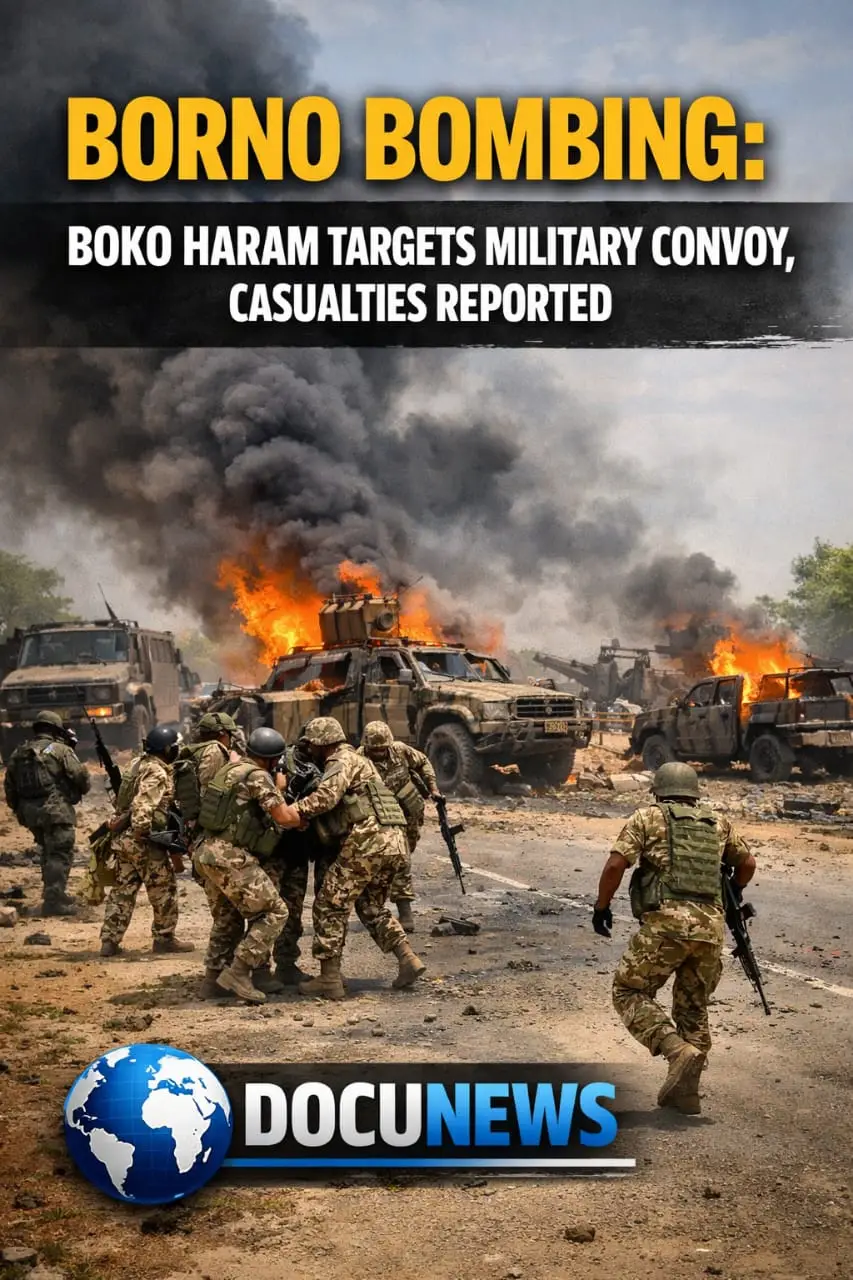
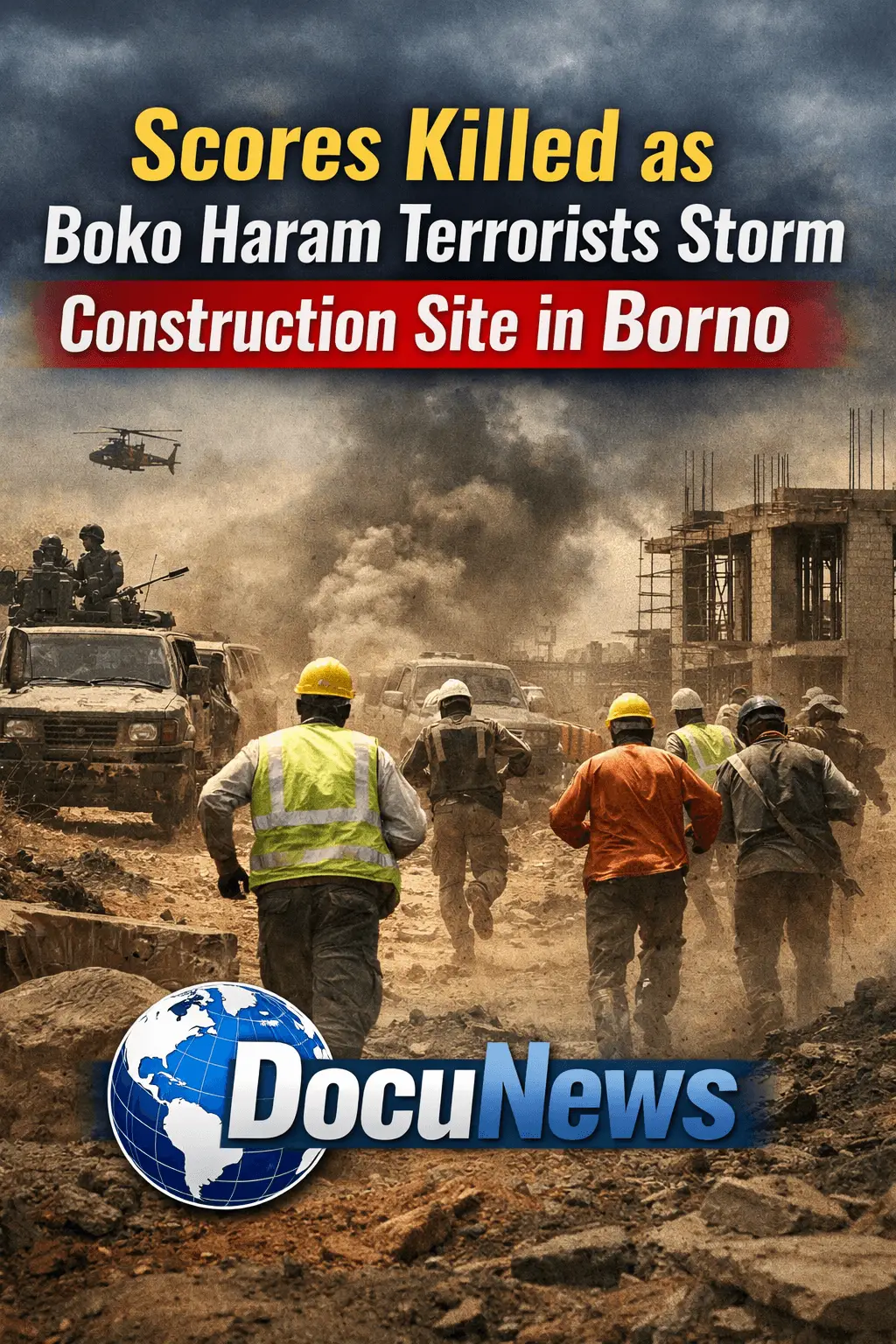
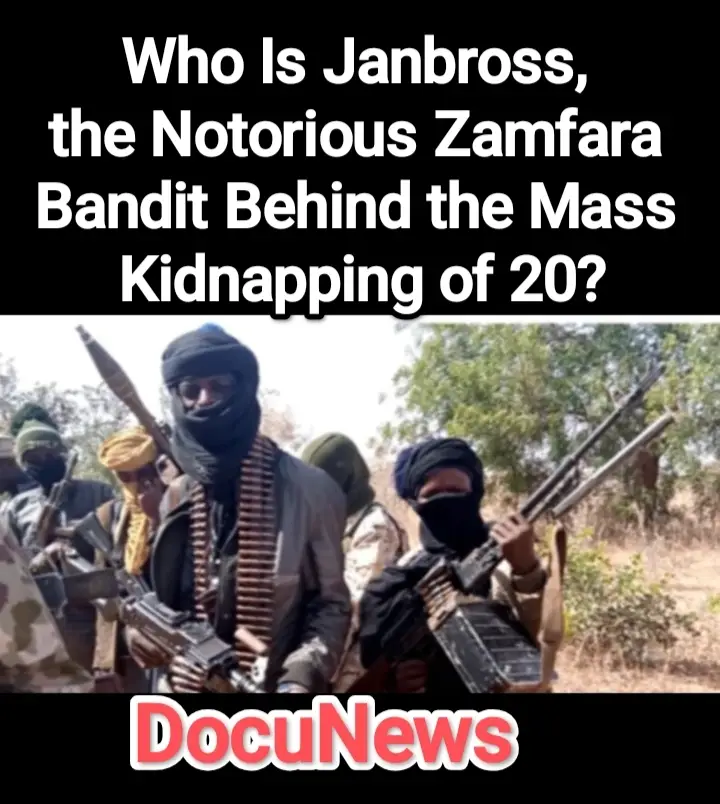
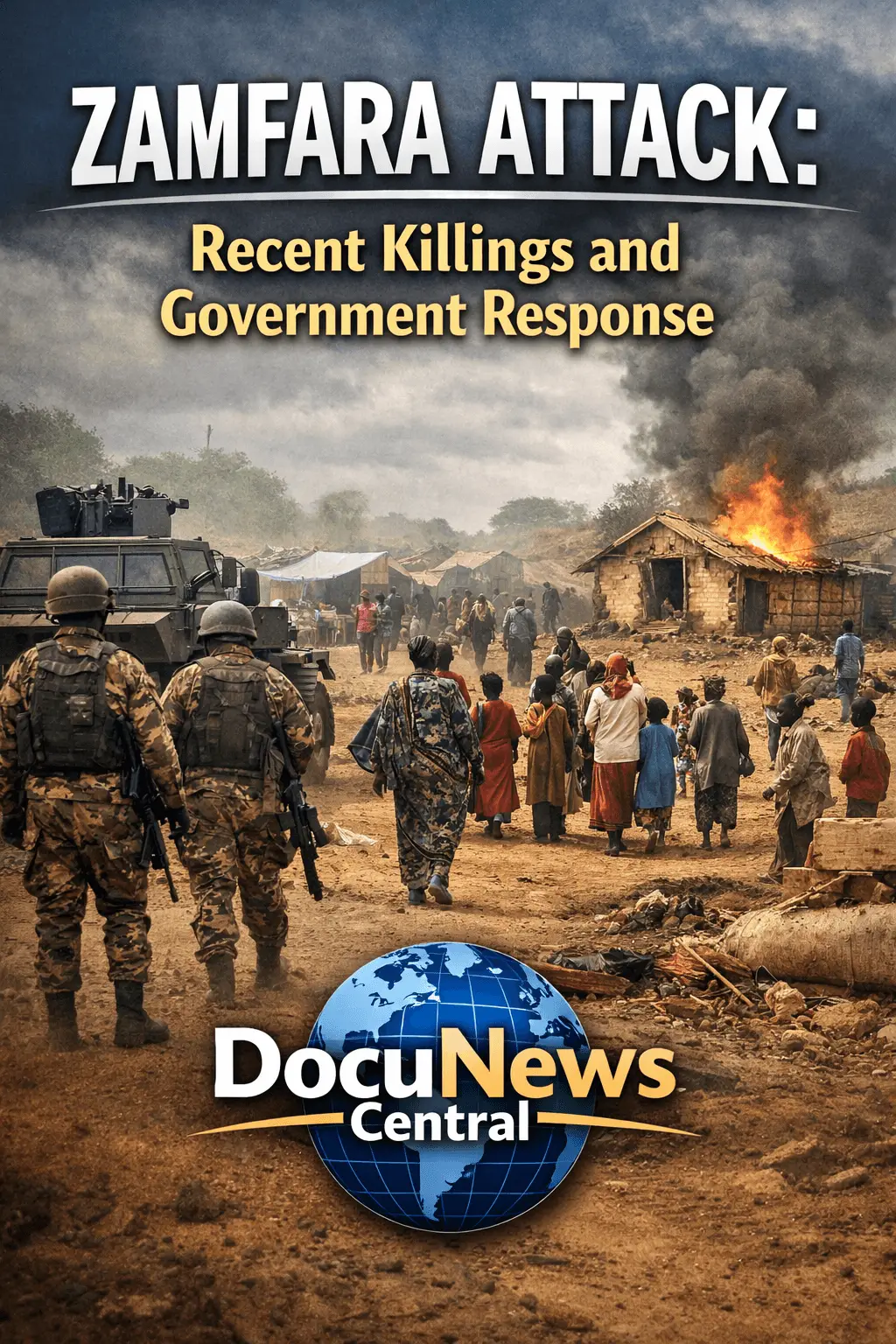
Can you be more specific about the content of your article? After reading it, I still have some doubts. Hope you can help me. https://accounts.binance.com/tr/register-person?ref=MST5ZREF